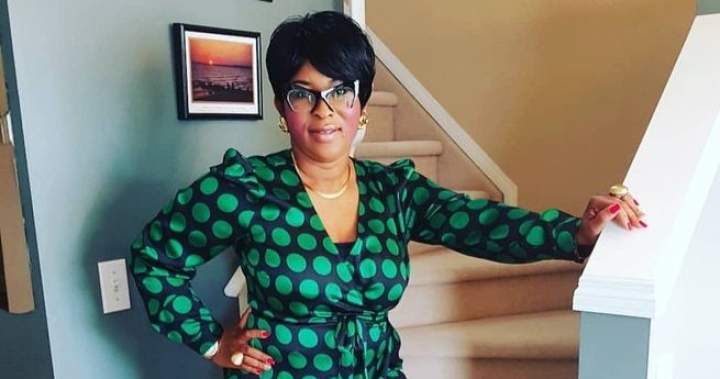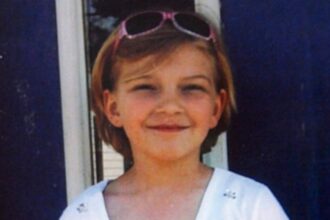The provincial fatality inquiry into the 2019 stabbing death of Calgary care worker Deborah Onwu concluded Tuesday, leaving her closest friends with mixed emotions and renewed calls for systemic change in Alberta’s social services sector.
Onwu, 47, was fatally stabbed while on duty at a Wood’s Homes assisted-living facility in October 2019. She was working alone when she was attacked by an 18-year-old resident with complex needs. The tragedy sent shockwaves through Calgary’s care worker community and exposed critical gaps in safety protocols that many insiders had been warning about for years.
“It’s been almost five years of waiting, of wondering if anything would change,” said Sandra Mutambuze, who considered Onwu a sister. “The inquiry brings some closure, but Deborah’s death could have been prevented if proper safety measures had been in place.”
According to testimony at the inquiry, Onwu had previously expressed concerns about inadequate staffing and the challenges of managing high-risk clients without appropriate support. Documents revealed that the facility was chronically understaffed, with workers frequently handling volatile situations alone despite internal policies suggesting otherwise.
The inquiry heard from several expert witnesses who pointed to systemic issues including insufficient training for staff working with clients with complex needs, inconsistent risk assessment procedures, and budgetary constraints that limited proper staffing models.
“There was a failure at multiple levels,” testified Dr. Elizabeth Harmon, a workplace safety specialist who reviewed the case. “When organizations prioritize cost-cutting over appropriate staffing ratios in high-risk environments, tragedies become almost inevitable.”
Former colleagues testified that Onwu, who immigrated from Nigeria and built a respected career in social work, had repeatedly requested additional support in the weeks before her death. Her client had a documented history of violent behavior, including previous assaults on staff members at other facilities.
The inquiry’s recommendations, expected to be published in full next month, reportedly include mandatory two-person staffing for clients assessed as high-risk, standardized violence prevention training, and improved information sharing between agencies regarding client history.
Alberta’s Minister of Social Services acknowledged the preliminary findings, stating that “a comprehensive review of current safety protocols is already underway” and promising “meaningful action” to better protect frontline workers.
For Calgary’s care worker community, the recommendations, while welcome, feel overdue. Many have continued working under similar conditions while awaiting the inquiry’s completion.
“What happened to Deborah exposed what many of us face daily,” said James Kigongo, a fellow care worker and friend of Onwu. “We go to work never knowing if we’ll come home, all while being told there isn’t enough funding for proper safety measures.”
The case has drawn national attention to the growing challenges facing Canada’s social services sector, particularly the intersection of mental health support, youth services, and worker safety. Industry experts point to a troubling trend of increasing violence against healthcare and social service workers across North America.
“Deborah’s legacy deserves to be systemic change,” said Mutambuze at a small gathering following the inquiry’s conclusion. “How many more workers need to be injured or killed before we recognize that proper staffing and safety measures aren’t optional luxuries but essential requirements?”
As the Calgary community awaits the final published recommendations, Onwu’s friends have established a memorial scholarship for immigrants pursuing careers in social work—ensuring her commitment to helping others continues despite her tragic death.
The question now facing Alberta’s social services sector is stark: will the lessons from this preventable tragedy finally catalyze the fundamental reforms needed to protect those who dedicate their lives to helping society’s most vulnerable?










